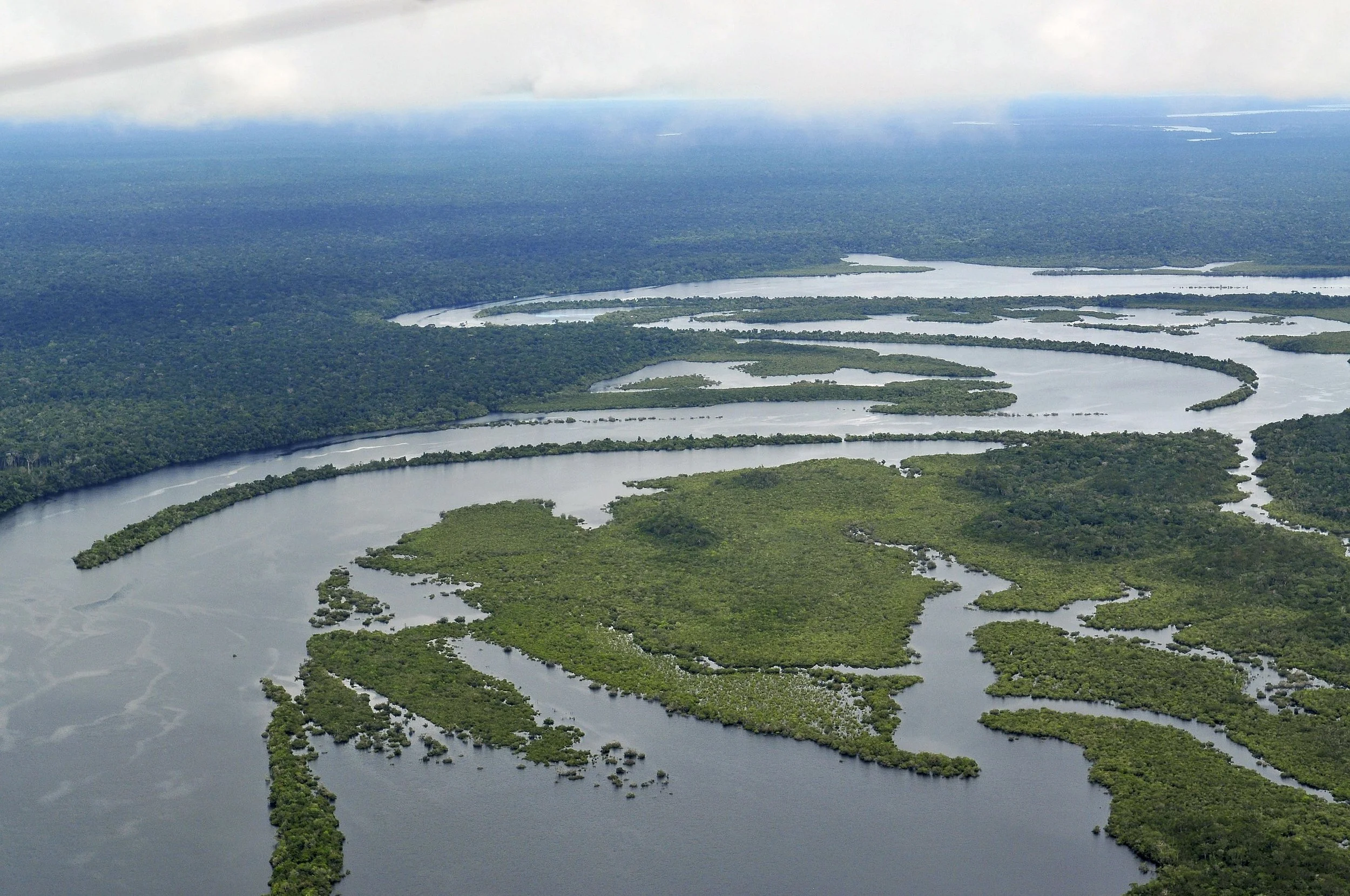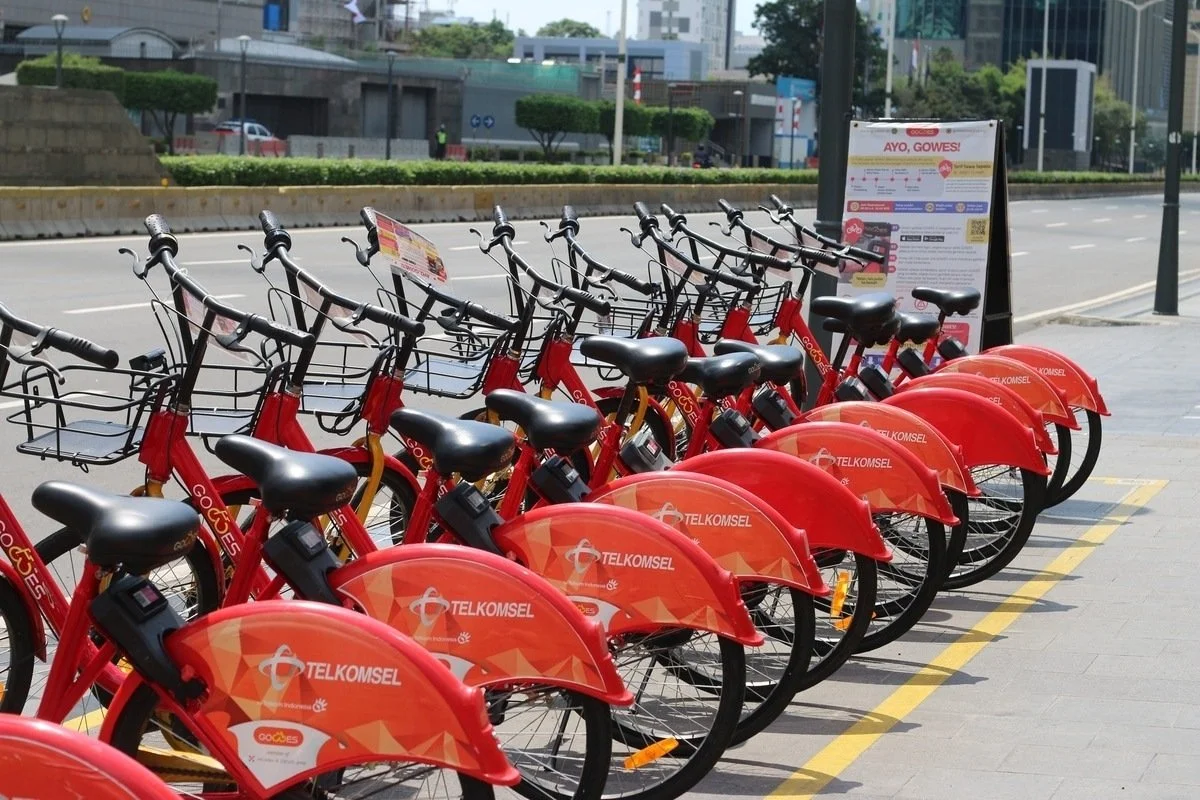Water is essential for healthy ecosystems, socio-economic development, social well-being, and for human survival itself. In recognition of World Water Day on 22 March, Will Sarni, Founder & CEO at Water Foundry and Founder & General Partner at the Colorado River Basin Fund, looks at the ways in which water management and regulatory compliance alone are no longer a viable corporate water strategy. There is now a pressing need to address “outside the fence line” water issues such as scarcity, poor quality, inequity in access to safe drinking water, and the impacts of climate change. While regulatory compliance for water and associated management practices are the cornerstone of a corporate water strategy, they do not deliver the full value to corporations, communities, and other stakeholders. There is an opportunity to do more. And we must capitalize on it now.
Read More



















